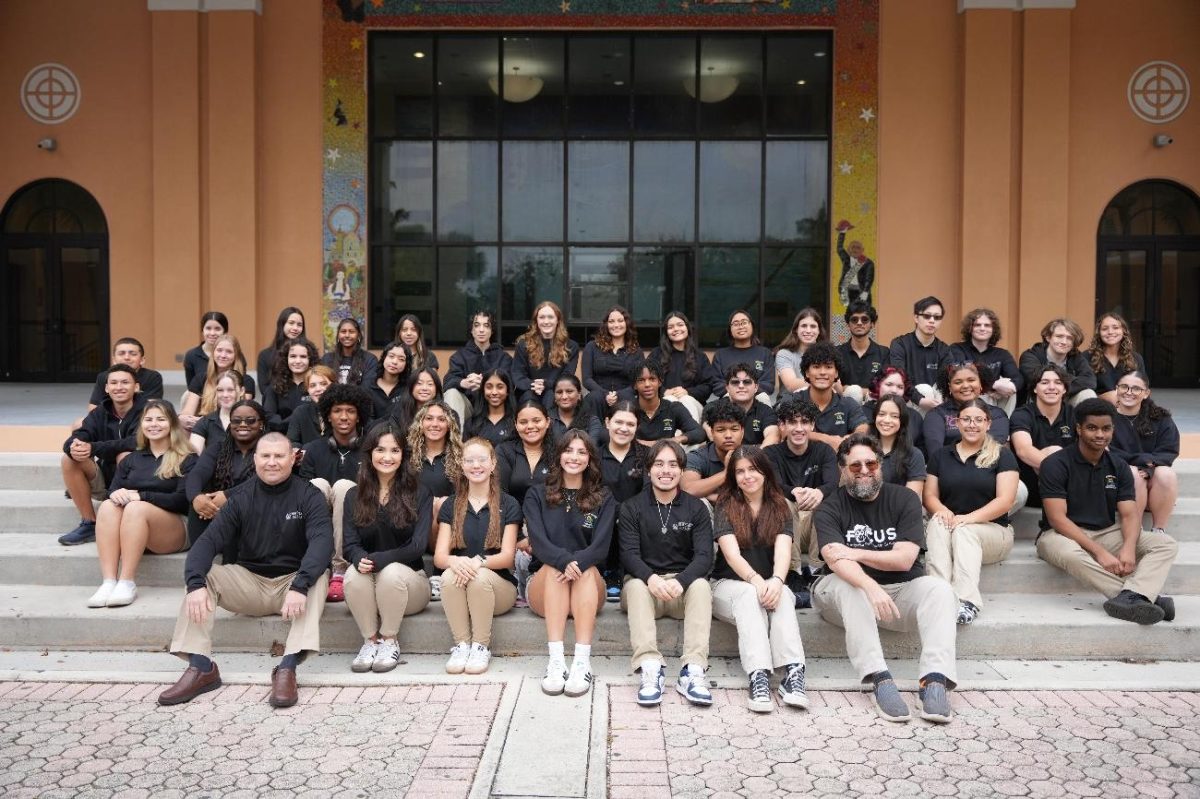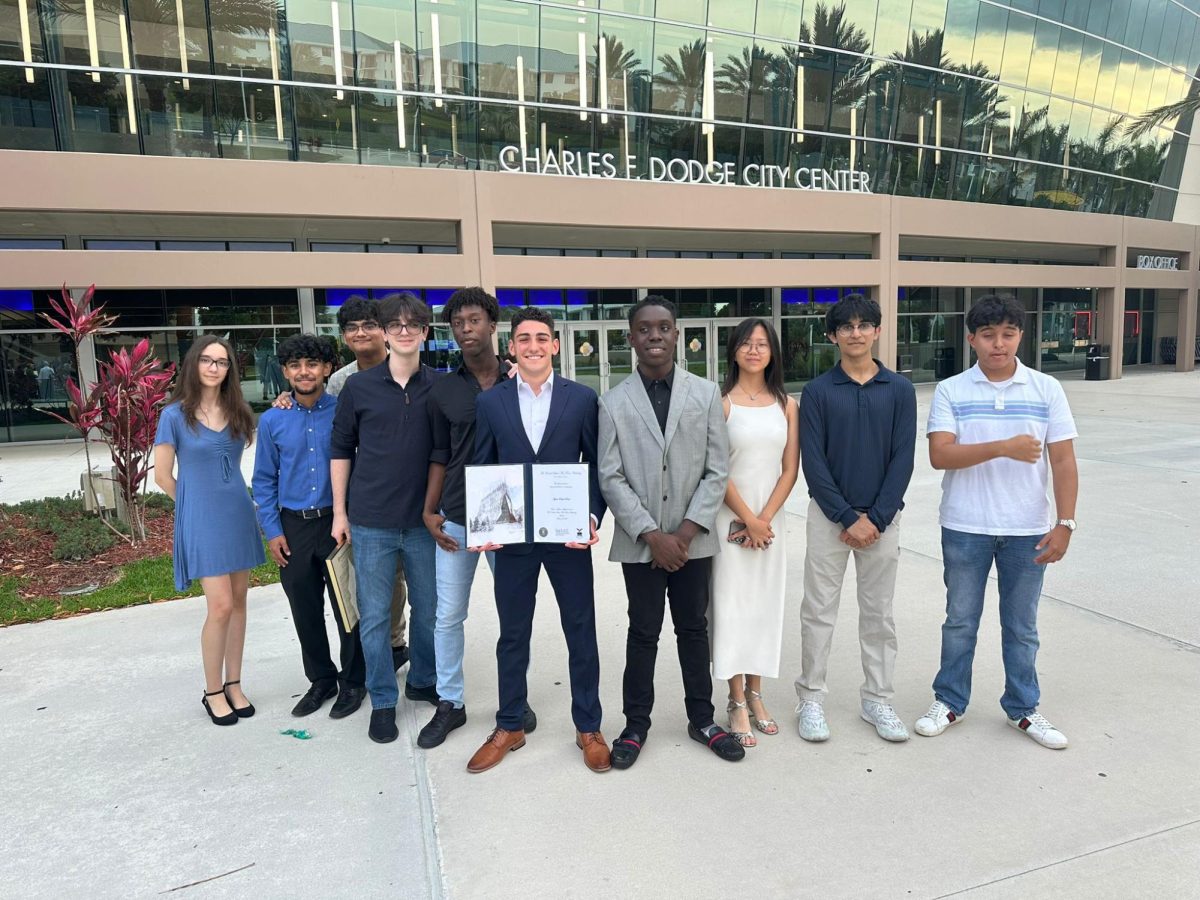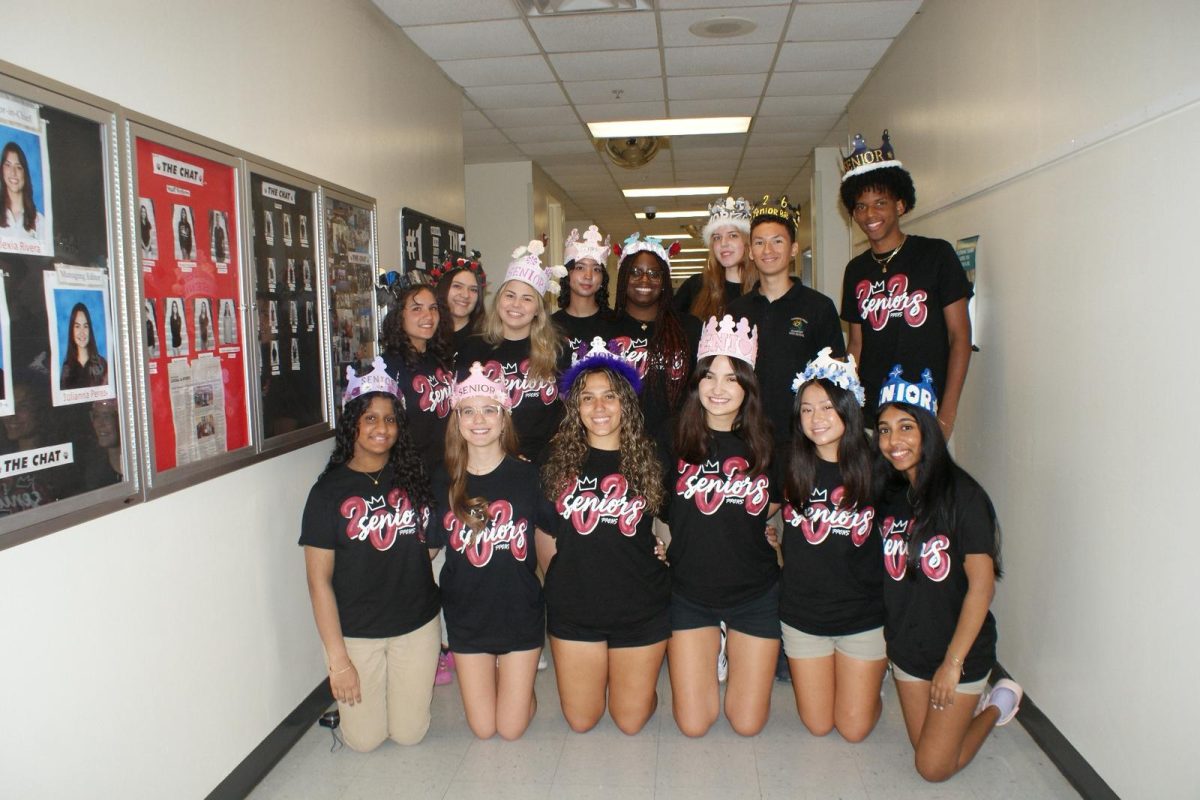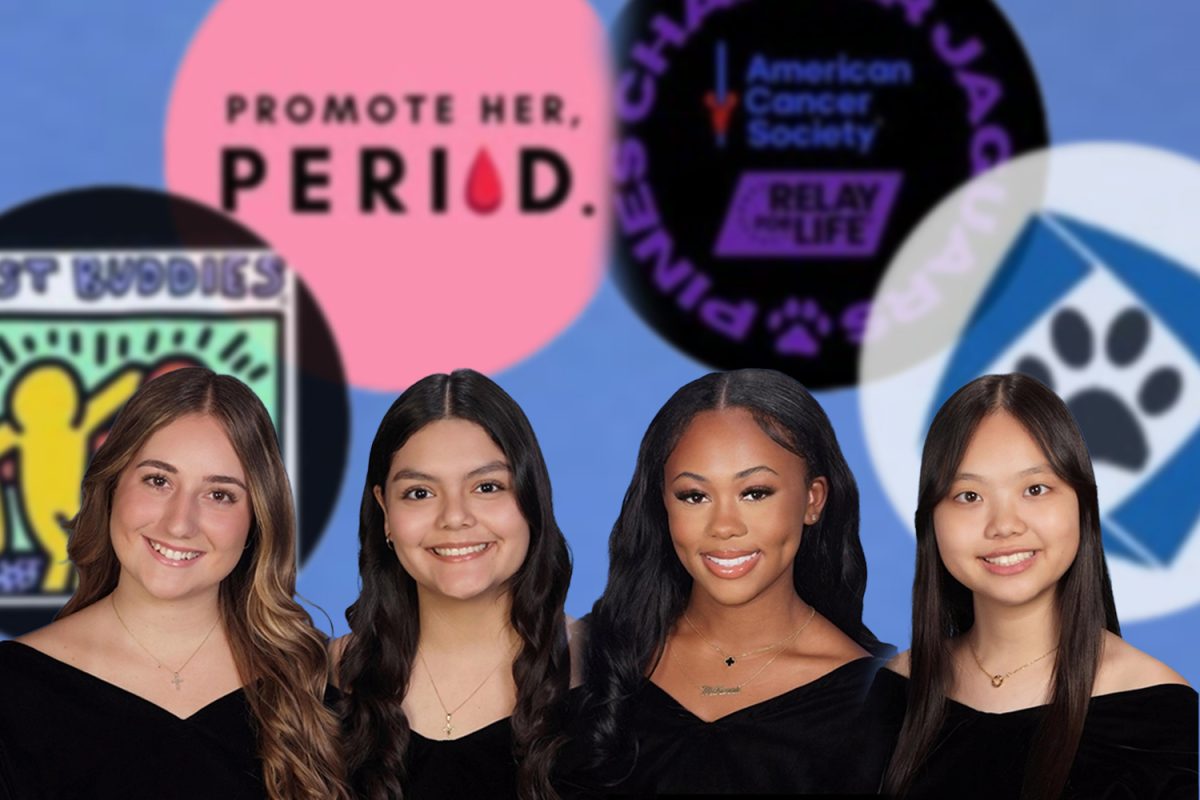Ron DeSantis has signed a bill to take minors off of social media. This is a good thing.
On Monday, March 25th, Florida Governor Ron DeSantis signed HB 3, which would legally remove minors under the age of 14 off of social media. Under this new law, many platforms are now prohibited from letting children under 14 make accounts.
The governor’s justification was that social media is harmful to kids’ development and their mental health. This is absolutely true. Over 46% of teens 13 to 17 years old said social media made them feel worse about their bodies according to Cleveland Clinic. Furthermore, American teens ages 12-15 who use social media over three hours each day face twice the risk of having negative mental health outcomes, including depression and anxiety symptoms according to Yale Medicine.
Screens, specifically social media, suck kids into a world where people do not have their best interests in heart. Whether that’s the unrealistic standards set up against them or ‘friends’ online that aren’t looking out for them, social media sets up a false image of the world and tries to mold them into that image.
And while many people might say that the ban limits the free speech rights of minors, this is not particularly a bad thing. The reason why is because they are minors. Minors don’t have the capacity to consent to certain activities that adults may understand the consequences of.
Before, if parents wanted to protect their kids from dangerous people, they would surround them with a good community—that cannot be argued for social media. While parents can try to surround their kids with good influences on social media, kids want to do their own thing and won’t want to follow a motivational speaker or a philosopher. As DeSantis puts it, “It used to be, ‘Well if they’re out somewhere, maybe they’re not supervised, maybe a predator can strike.’ Now, with things like social media, you can have a kid in the house -safe, seemingly- and then you have predators that can get right into your own home.”
That’s another downside. Having kids under 14 on social media makes them immediate targets to predators online, and sadly in this time and age there are many. Children are naive, and people online can easily use that to their advantage, especially if there are no parents to monitor them. According to ZipDo, 32% of teenagers in the U.S. have been victims of hacking. That’s why this bill needed to be passed. It will hopefully help shield the next generation from the many negative effects social media brings.
Florida’s new bill to ban minors off social media is a bad thing. Here’s why.
The bill approved by Florida Governor Ron DeSantis to take minors off social media is a terrible idea that won’t do anything besides minorly inconvenience people everywhere. Social media certainly has its risks, and while this bill has good intentions to prevent harm to minors from platforms that are dangerous, toxic, and honestly quite addicting, it’ll never work for the better, or even work at all.
First off, verification to prove you are of age, and verification to approve of your children joining social media would require some form of ID. This raises all sorts of security concerns. What if someone doesn’t want to tie their social media account to their actual self? Social media data breaches would become much more catastrophic, with personal details possibly being leaked all across the internet. Besides, many argue that they shouldn’t have to provide identification just to post their photos online.
The effectiveness of the bill is entirely up to the user. If a kid wants to get onto social media badly enough, they’d find a way. Spending five minutes on the internet is enough time to find, download, and connect to a free VPN, also known as a virtual private network. This connection, if set to an out-of-state server, can easily bypass every single one of these restrictions.
It takes so little effort to set up free VPNs, such as ProtonVPN, TunnelBearVPN, or AtlasVPN. Any one of these, or more options are easy to access and set up, free, and intuitive. And VPNs aren’t the only thing stopping this bill. A 13-year-old could easily ask their parents to sign them up, even though the bill says you have to be 14 to do this. There’s no good way to enforce this bill at all.
While social media is obviously a dangerous platform for minors to be on, especially unrestricted, what could be even more dangerous is an uninformed generation. Many parents with strict values may not allow their child to use these platforms as a means of restricting what they see.
Preventing teens from accessing this social media without parent approval makes it harder for them to become exposed to new ideas and values that may not align with their parents’. UCLA Health states that social media “helps expose [teens] to new ideas and information, and offers convenient ways to build communities and connect to support groups.” It’s unethical to restrict information from teens for the purposes of making them share beliefs or values.










